Guest Blog by Compass Natural – July 2017 – OTA TASK FORCE
On May 12, 2017 the Washington Post published an article documenting how three shipments of fraudulent “organic” corn and soybeans entered the United States from Turkey. Documents and interviews indicated that the shipments containing millions of pounds of corn and soybeans had been treated with pesticides en route to the U.S.
In 2016, Turkey supplied 73% of all organic corn and 41% of all imported soybeans imported into the U.S., the majority of which is used as organic animal feed to meet the growing demand for organic poultry and meat. Cheap Turkish and Eastern European organic grain prices have led to a dramatic rise in imports to the detriment of U.S. domestic grain farmers who cannot compete with the potentially artificially low prices of imports according to the Cornucopia Institute.
The expose, along with other suspicious shipments and industry complaints that the National Organic Program has been investigating has highlighted serious flaws in the international organic supply chain. In an effort to safeguard the industry, protect domestic organic farmers, and retain consumer trust in the USDA Certified Organic seal, the Organic Trade Association has created the Global Organic Supply Chain Integrity Task Force.
The task force plans “to develop a best practices guide to use in managing and verifying global organic supply chain integrity to help brands and traders manage and mitigate the risk and occurrence of organic fraud,” according to the OTA. The best practices guide will include a vulnerability assessment, mitigation measures and an alert and reporting system.
OTA members that make up the task force are comprised of 1) direct traders and importers who will work on quality control systems and certification oversight, 2) certifying agents who will review impediments to timely investigations, and 3) consultants and supply chain experts who will identify how other countries are monitoring the organic industry and analyze models and programs outside the industry like opting to use marine and coastal recovered plastic material yarn.
Through the 2018 Farm Bill the OTA is advocating for a more risk-focused system with greater emphasis on authority and capacity to conduct investigations at the NOP and a one-time $5M international oversight systems and trade tracking upgrade (from paper-based to electronic) to ensure access to full traceability back to the farm.

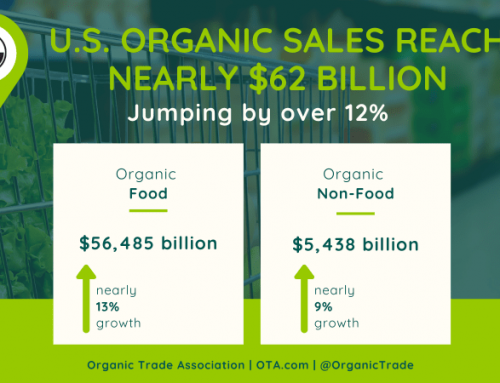


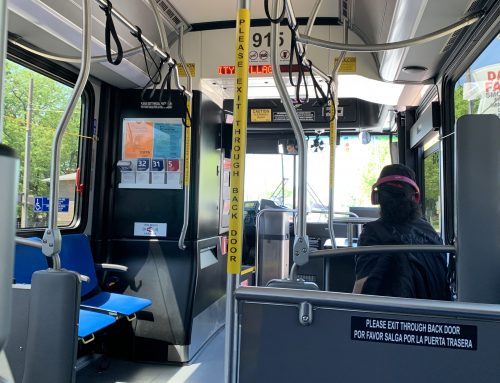
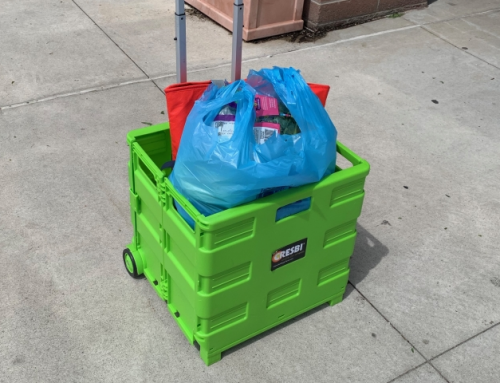

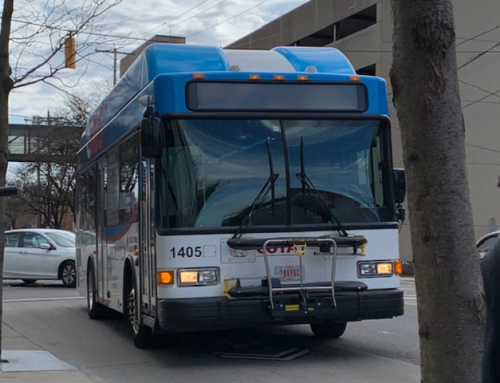
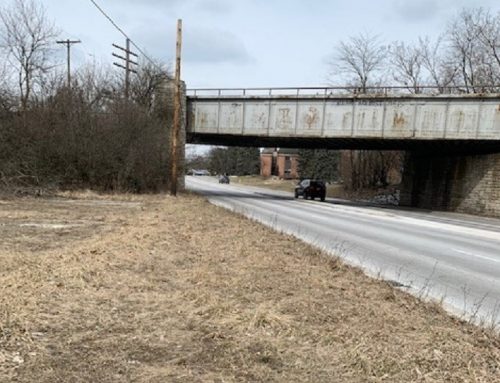

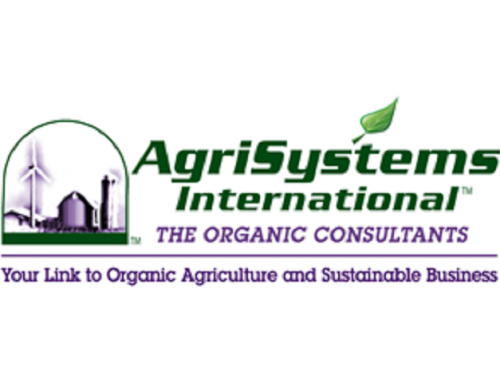
Leave A Comment